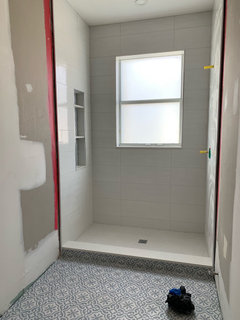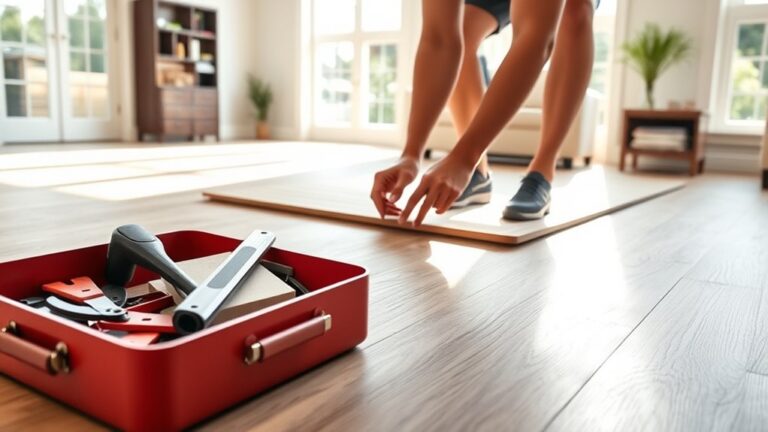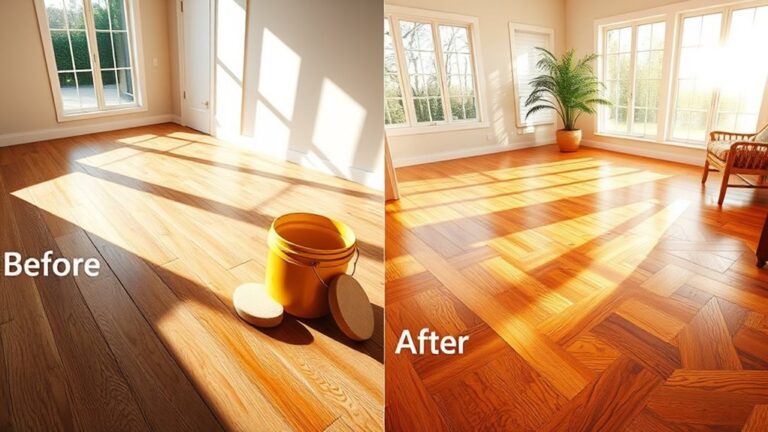The shower curb can match either the floor or wall tile, depending on design preference. Personal taste and the desired aesthetic guide the choice for a cohesive look.
Selecting the right tile for your shower curb helps create a harmoniously designed bathroom. Whether you choose to match the curb with your floor or wall tile is a design decision that adds to the visual flow of your space.
Matching the curb to the floor tile can create a seamless transition, enhancing the room’s overall spaciousness. Alternatively, complementing the wall tile can define the shower area, establishing a distinct, enclosed feel. The decision ultimately hinges on which element you wish to amplify—continuity or definition. Choosing materials, colors, and textures that reflect your style will make your bathroom both functional and personally appealing. Remember, the right tile choice will contribute to the bathroom’s durability and the quality of your daily routine.
Introduction To Bathroom Design Aesthetics
The shower curb plays a key role in bathroom design. It separates the shower area from the rest of the bathroom. This small barrier keeps water in the shower area. It also adds to the overall appearance.
Choosing whether the shower curb should match the floor or wall tile is significant. It impacts the bathroom’s unified look. Current trends often show a preference for matching the curb to either one.
Designers suggest the curb should compliment the bathroom’s style. Some choose a matching floor tile for a seamless look. Others select a wall tile to create a striking feature. The decision lies in the desired aesthetic.
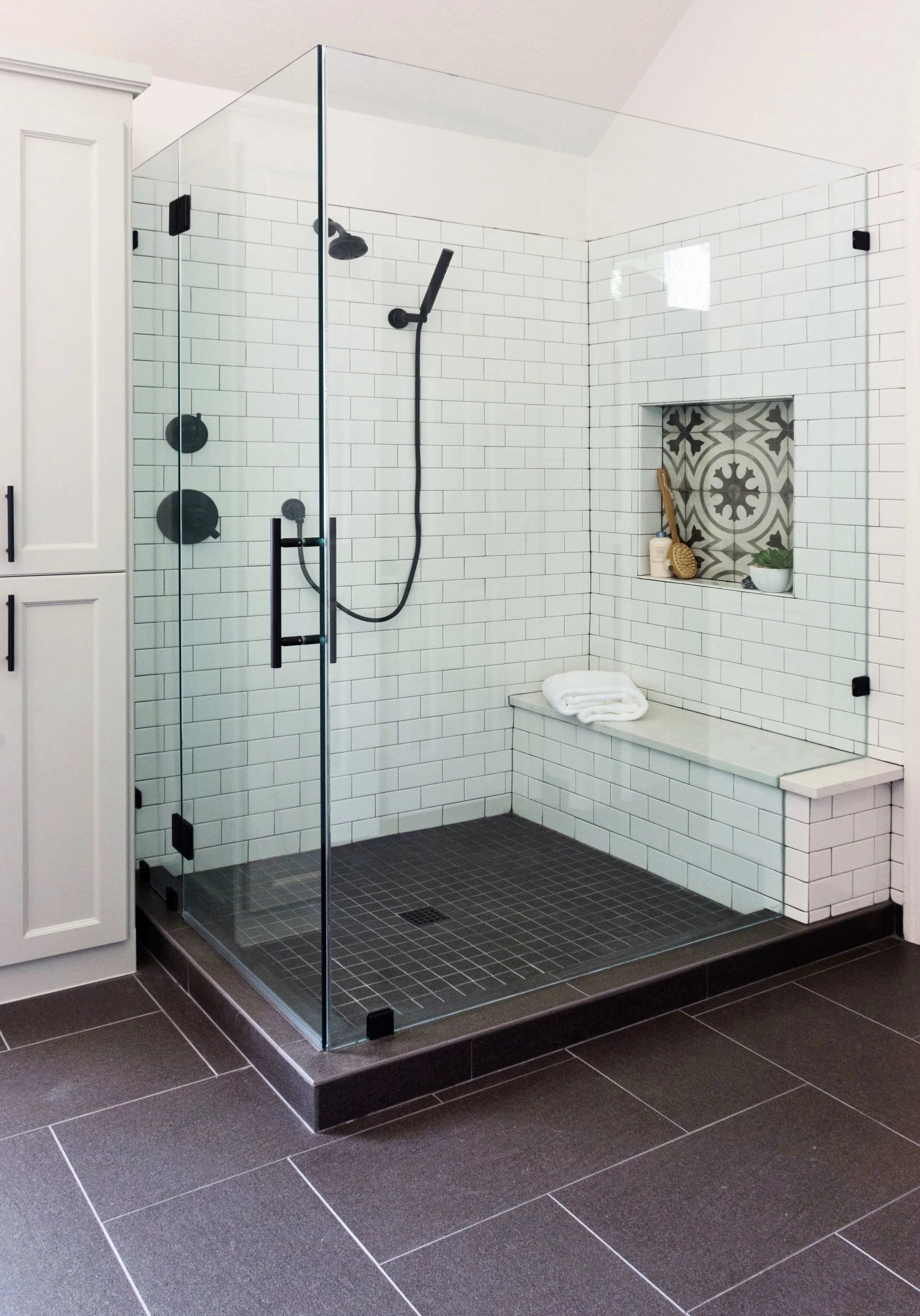
Considering Functionality And Safety
Selecting the right material for a shower curb is crucial. It must resist water and help prevent slips. Tiles with texture are the best as they reduce slip risks.
| Material | Water Resistance | Slip Prevention |
|---|---|---|
| Ceramic Tile | High | Good with Textured Finish |
| Porcelain Tile | Very High | Excellent with Textured Finish |
| Stone Tile | Variable | Good with Proper Finish |
Durability is also key. The curb meets the floor and wall tiles. So, it must handle constant exposure to water. Use sealants for stone materials, as they are porous.
Aesthetic Considerations For Shower Curbs
Choosing between matching the shower curb to the floor or wall tile is crucial. A harmonious bathroom design often features a shower curb that complements the floor tile. This choice can make the space feel more expansive and seamless. The continuous flow from floor to curb minimizes visual interruptions, a plus for smaller bathrooms.
Opting to match the shower curb with wall tile also has benefits. It creates a striking frame around the shower area, accentuating the shower itself as a focal point. Such an approach can highlight beautiful wall tiles that deserve attention.
Color coordination and design harmony are key in making a final decision. A well-chosen match can tie design elements together, leading to a cohesive and pleasing bathroom aesthetic. Each option offers a unique impact on the overall feel of the bathroom space.
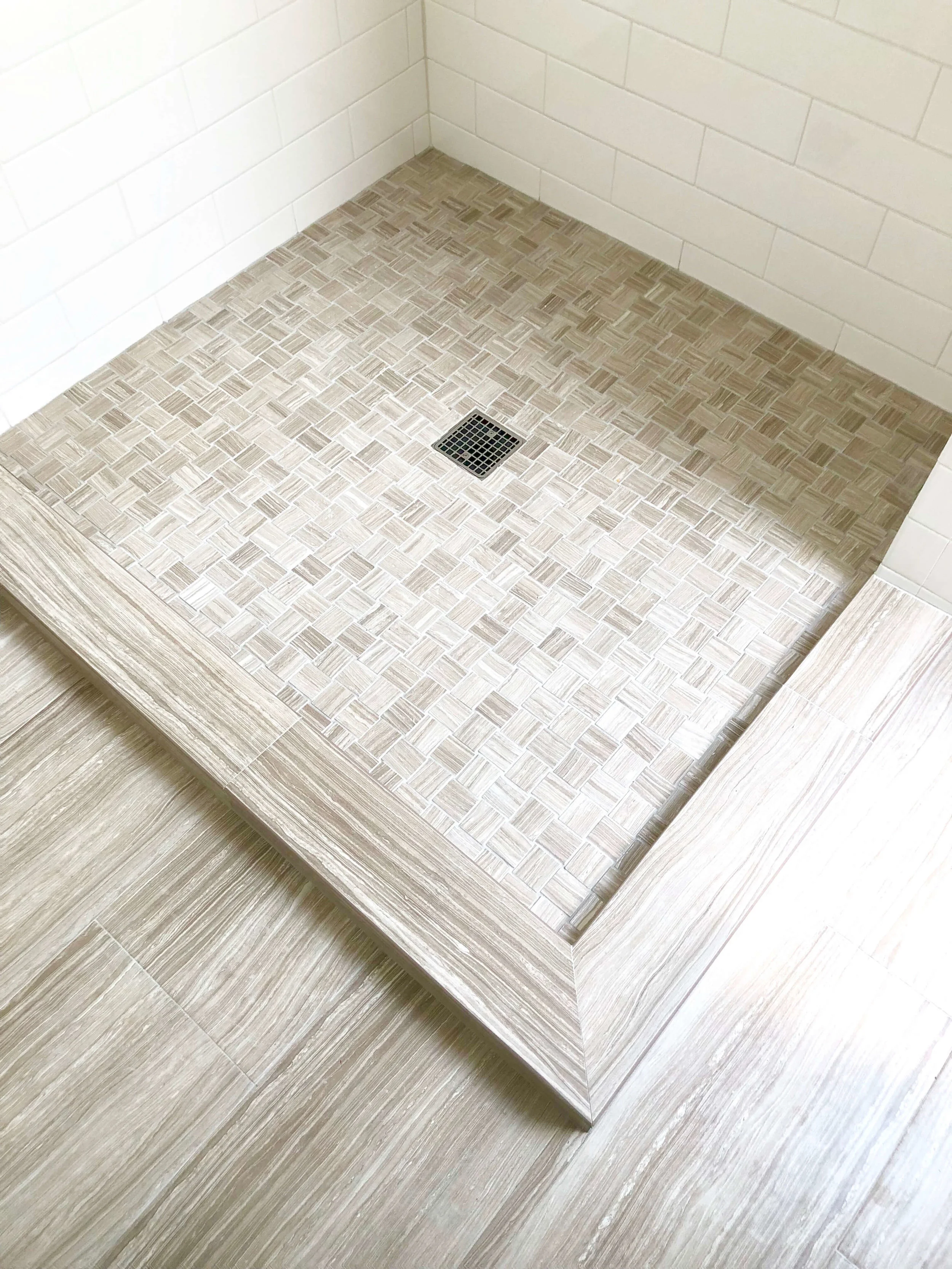
Making The Choice: Floor Vs. Wall Tile
Choosing between matching the shower curb to the floor or wall tile can be tricky. Consider the bathroom’s overall design and what you hope to achieve. A curb that matches the floor tile can create a seamless look, while wall tile can define the shower area. Think about maintenance and how different tiles handle moisture.
Review successful shower designs by browsing case studies. Look at how others have blended or contrasted their tiles. Notice the visual impact of each choice, and jot down what you like.
Seek out expert opinions and understand design principles. Pros often suggest matching the curb with the floor for small bathrooms to make the space appear larger. For larger bathrooms, a contrasting wall tile can add aesthetic appeal. Remember, the choice should always resonate with your personal style and the room’s functionality.
Practical Tips For Tile Selection And Installation
Durability and longevity are key in choosing tiles for your shower. High-density tiles resist moisture and wear better. Porcelain and glazed ceramic tiles are popular for their strength and ease of maintenance. Splitting the paragraph into two for ease of reading:
For DIY installation, essential tools include tile cutters, notched trowels, and spacers. Professionals come equipped to handle complex designs. Their skills ensure precise cuts and alignments.
Grout plays a vital role in waterproofing and tile stability. Choosing sanded grout for larger joints and unsanded for narrower lines is crucial. Effective grout maintenance extends the life of your tiled surfaces.

Conclusion: Formulating Your Personal Design Strategy
Deciding on a shower curb that complements either the floor or wall tile brings a unique touch to the bath space. A well-matched curb can make the area look larger and cleaner. Your personal taste plays a key role.
Picking between floor or wall tile for the shower curb should blend with the design while considering cleaning and maintenance needs. Think about the colors, patterns, and overall theme of your bathroom.
Before making a final choice, make sure to:
- View tiles alongside each other
- Assess the durability of materials
- Check for slip-resistant options
- Remember the room’s lighting effects on tile color
These steps ensure the choice feels right in your home’s heart – the bathroom.
Conclusion
Deciding on matching your shower curb with floor or wall tiles hinges on personal preference and design goals. Both options offer unique aesthetics and practical benefits to your bathroom’s ambiance. Choose what best aligns with your style and the functionality you desire.
Remember, your choice will shape your bathroom’s final look – so select wisely!

